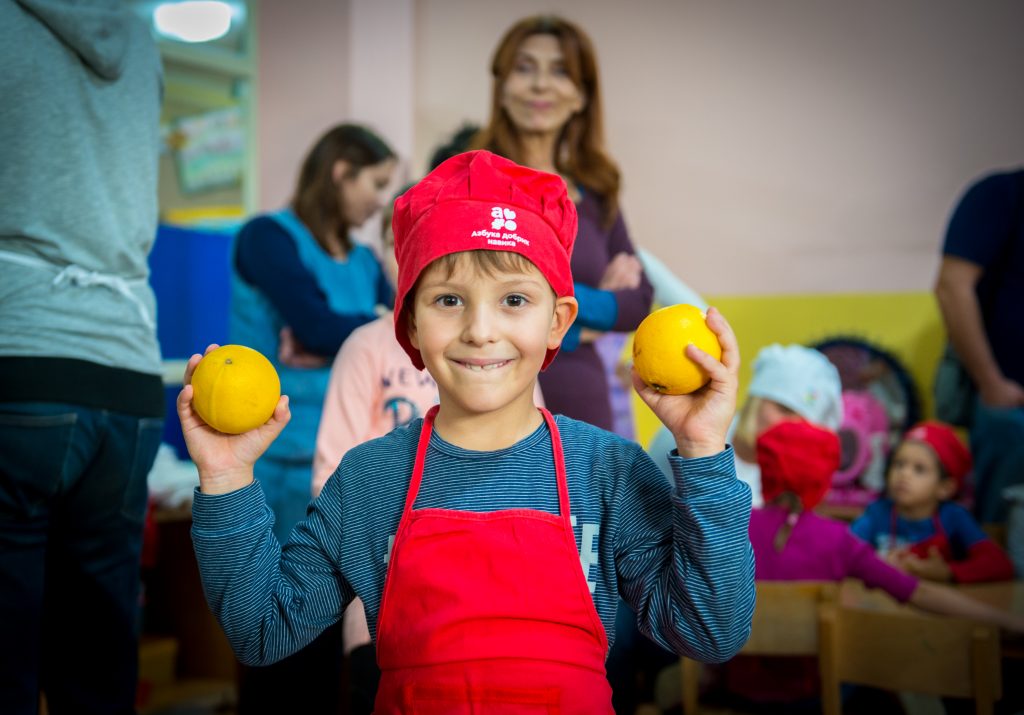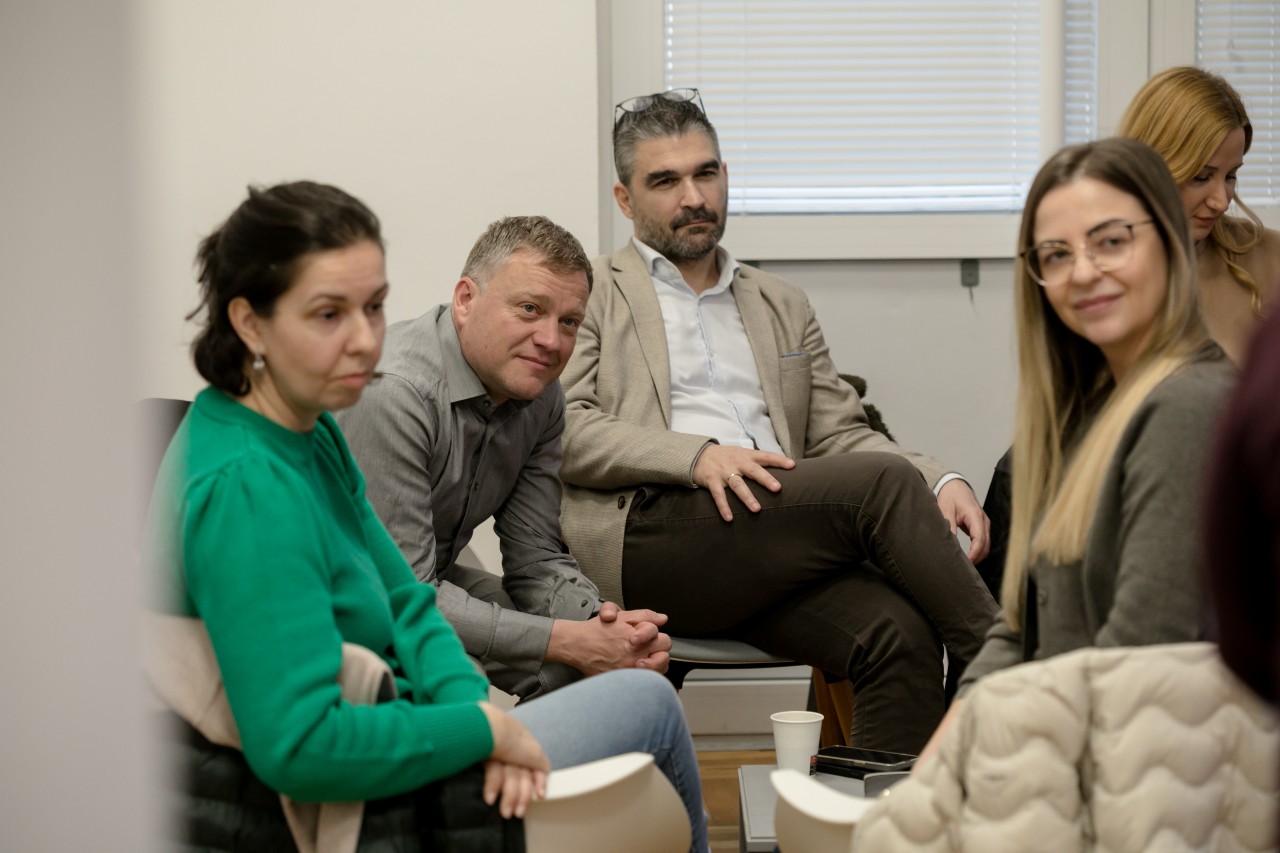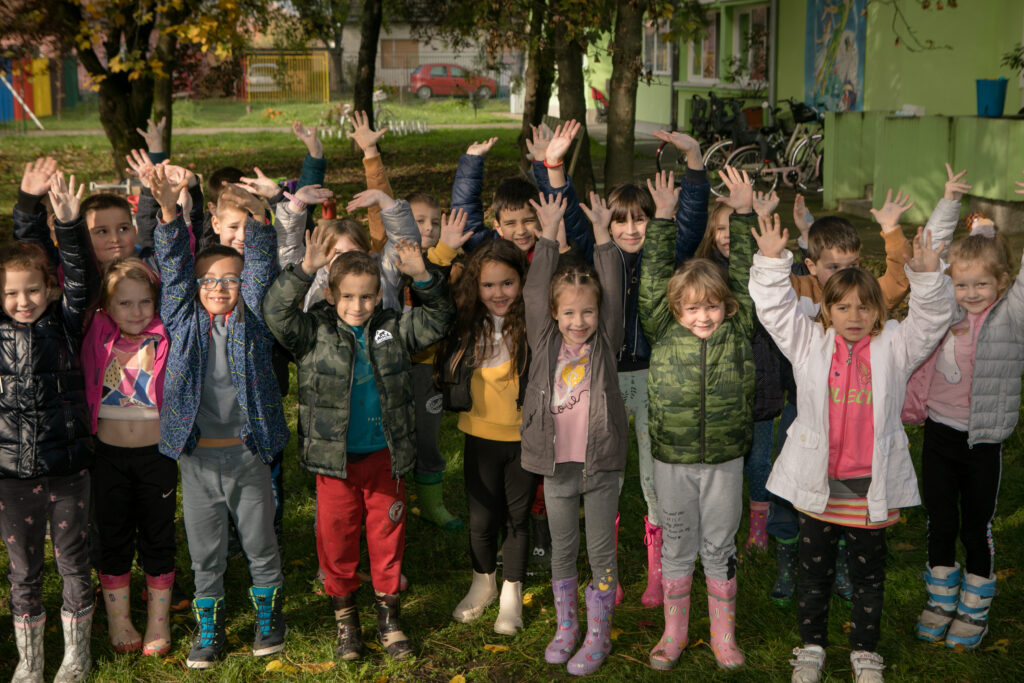In light of the current fight against the Coronavirus, many health care questions arise. One of them is how to boost your child’s immunity that can fight of everyday germs.
[dropcap]H[/dropcap]ow can parents protect their children from viruses and germs there are exposed to every day? Unfortunately, there is no simple answer. According to studies, we all enter the world with an unexperienced immune system that is not fully developed and that matures over the first years of life. Besides regular physical activity, good personal hygiene habits and sleeping routine, another way to boost your child’s immunity, in the long run, is to help him/her develope healthy eating habits.
Receiving the right nutrition during early life can positively impact the development of a child’s immune system.
It leads to immediate benefits in terms of supporting the healthy growth and development of a child, but also over the long term by preventing and managing diseases. Nutritional deficiencies can weaken the immune system and make him more vulnerable to infections.
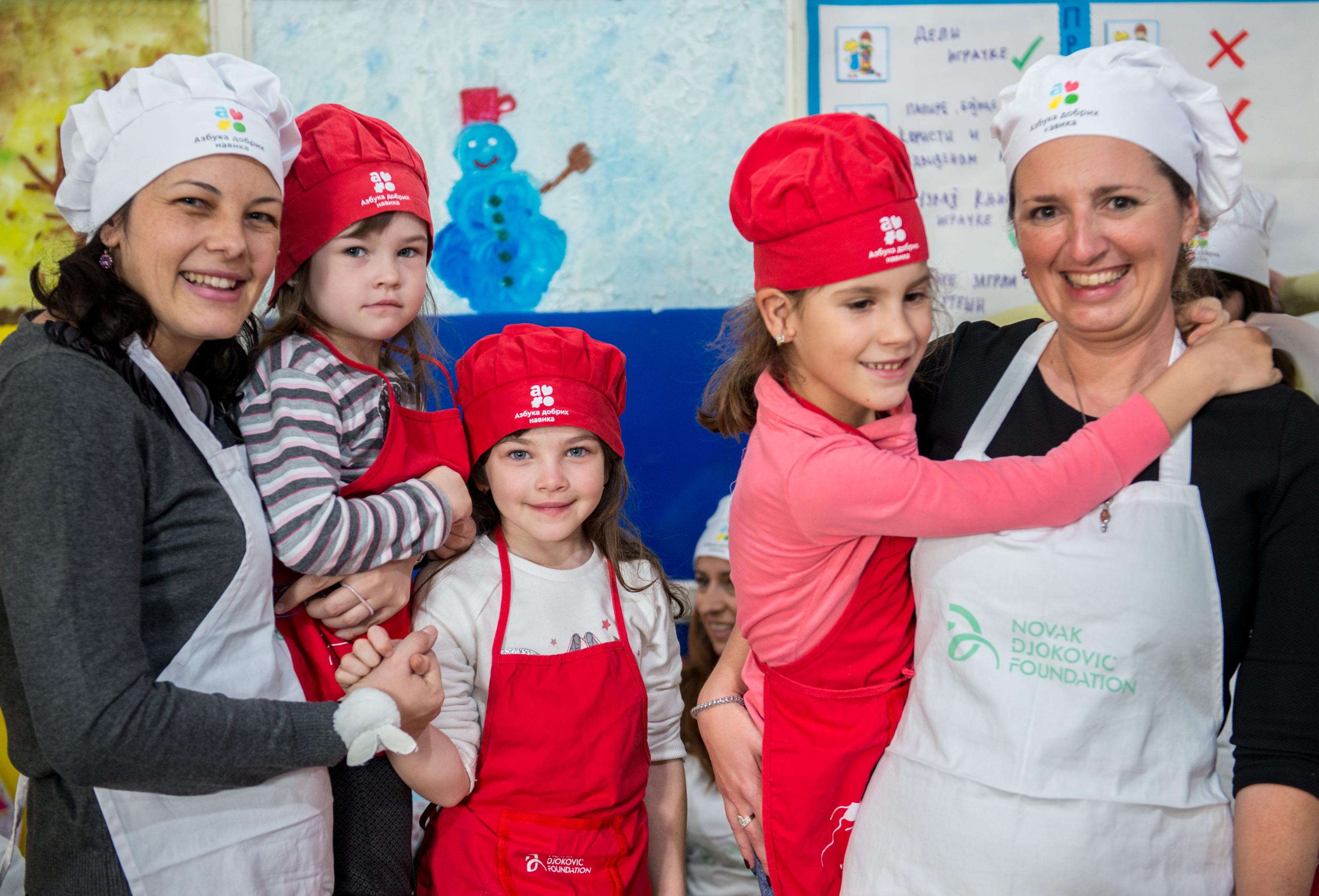
The Novak Djokovic Foundation created the “ABC of Better Me” project with the goal to meet the needs of children, their parents and preschool institutions in Serbia regarding the development of healthy eating habits early in life.
In the early years, a child grows and learns the most, and that why it is especially important to nurture healthy eating habits in this period which will last a lifetime. Many studies have shown that the food that we give children at an early age has the most impact on their nutrition afterward.
Simply put, children take in and learn whatever is offered to them.
Unfortunately, the fast way of living, lack of time and funds result in inadequate, unbalanced nutrition with a poor choice of food that is usually industrially processed. That also can be a source of many diseases, including childhood obesity. Childhood obesity is one of the most serious public health challenges of the 21st century. The problem is global and is steadily affecting many low- and middle-income countries, particularly in urban settings. The prevalence has increased at an alarming rate.
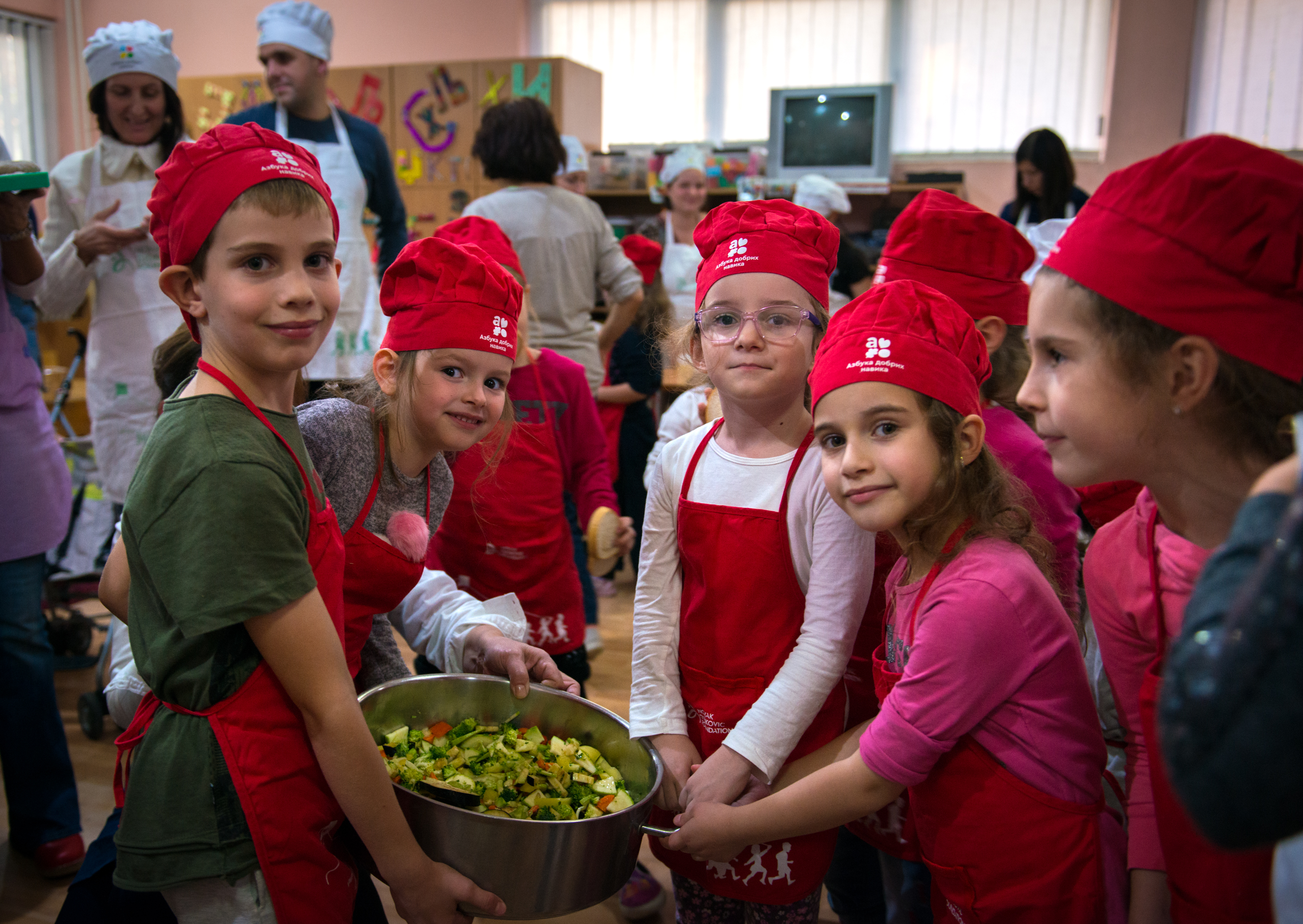
From the age of three, children start imitating and copying the eating habits of their parents and their peers.
According to the WHO, globally, in 2016 the number of overweight children under the age of five, is estimated to be over 41 million.
Overweight and obese children are likely to stay obese into adulthood and more likely to develop noncommunicable diseases like diabetes and cardiovascular diseases at a younger age. However, overweight and obesity, as well as their related diseases, are largely preventable.
From the age of three, children start imitating and copying the eating habits of their parents and their peers. That’s why installing healthy eating habits in their surroundings is the most sustainable and long- lasting solution to childhood obesity and other diseases provoked by malnutrition.
For that reason, the Novak Djokovic Foundation created a very interesting project called “ABC of Better me”.
The goal of the project is to meet the needs of children, their parents and preschool institutions in Serbia regarding the development of healthy eating habits early in life. The Novak Djokovic Foundation sets up and maintains gardens for children within preschools, organizes teacher training on gardening with preschoolers, culinary workshops for children and their parents and a visit to local organic producer’s farm.

Installing healthy eating habits in children’s surroundings is the most sustainable and long- lasting solution to childhood obesity and other diseases provoked by malnutrition.
We are so excited to show you more about the “ABC of Better Me” project on our blog and social media profiles in the months to come. Knowledge is another powerful tool that can help with preventing malnutrition diseases, and we are happy to share the findings, tips, and examples that are a part of our project with you. Keep following our blog, and the viruses and the germs won’t know what hit them!

